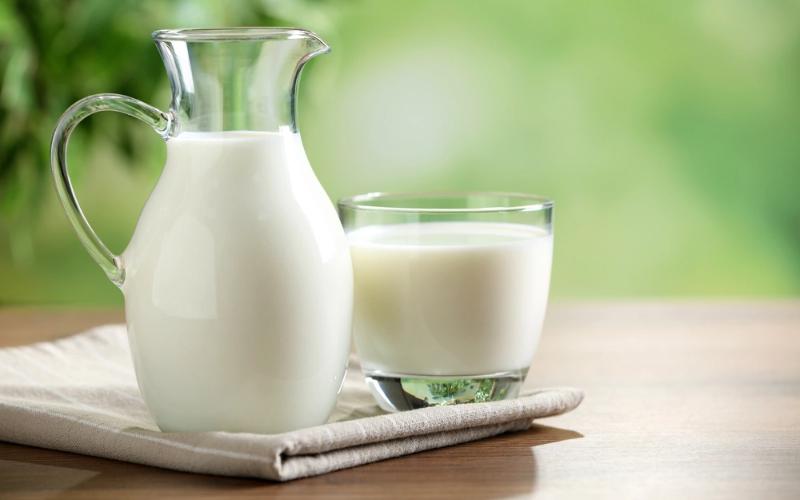Scientists Teach E. coli to Produce Casein — Cow-Free Milk Protein Becomes a Reality

Casein is a unique group of proteins that form micelles — tiny structures responsible for calcium binding, cheese elasticity, and the creamy texture of yogurt. But simply "creating" casein isn’t enough: in nature, these proteins undergo phosphorylation — a process where phosphate groups are attached to the protein, enabling it to function properly.
To replicate this, the scientists engineered E. coli to express three enzymes borrowed from soil bacteria. These enzymes capture phosphate from the environment and attach it to the protein at the right sites — making it possible to produce functional, milk-like casein.
The researchers also proposed an alternative method: replacing phosphate groups with aspartic acid, an amino acid with similar properties. This approach is simpler technologically and eliminates the need for enzymatic modification.
Both versions of the synthesized casein were tested in the lab. Results showed that the proteins successfully bind calcium and are easily digestible — just like their natural counterparts found in real dairy.
The team is now working on scaling up the technology: moving from lab flasks to industrial bioreactors, incorporating κ-casein to stabilize micelle formation, and launching initial experiments in real cheese production using the artificial milk protein.










